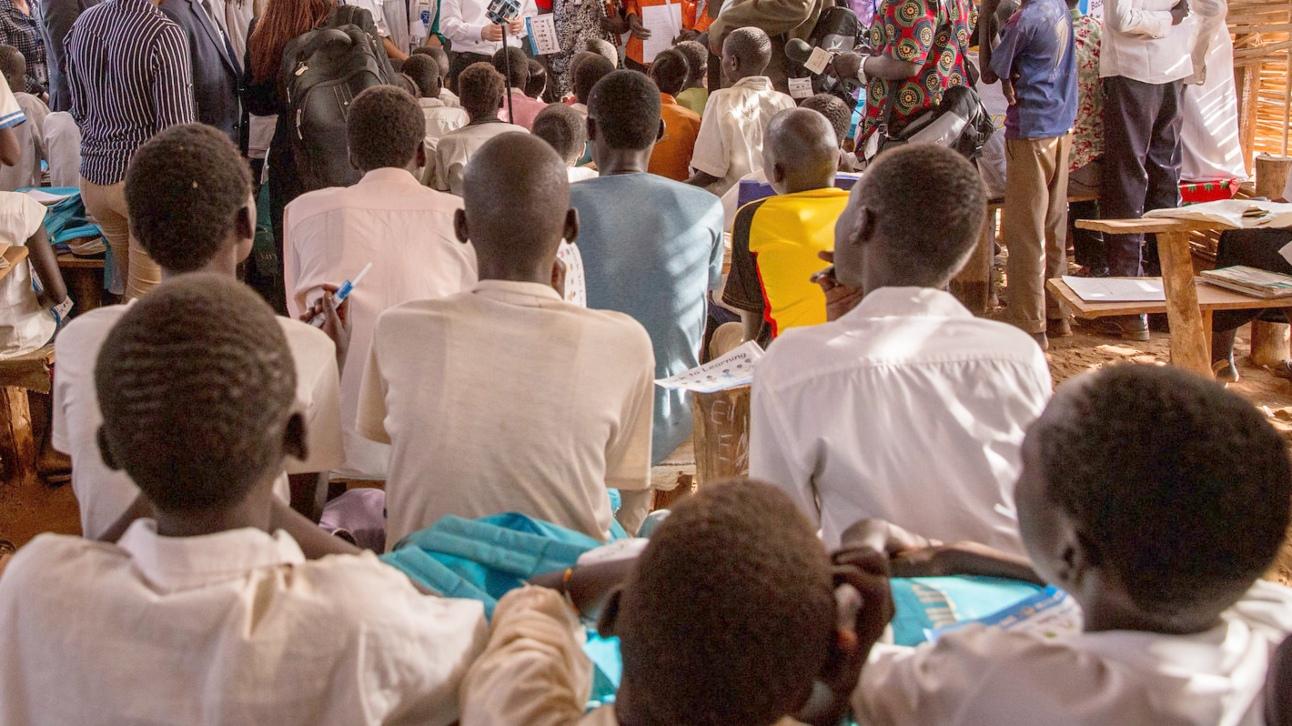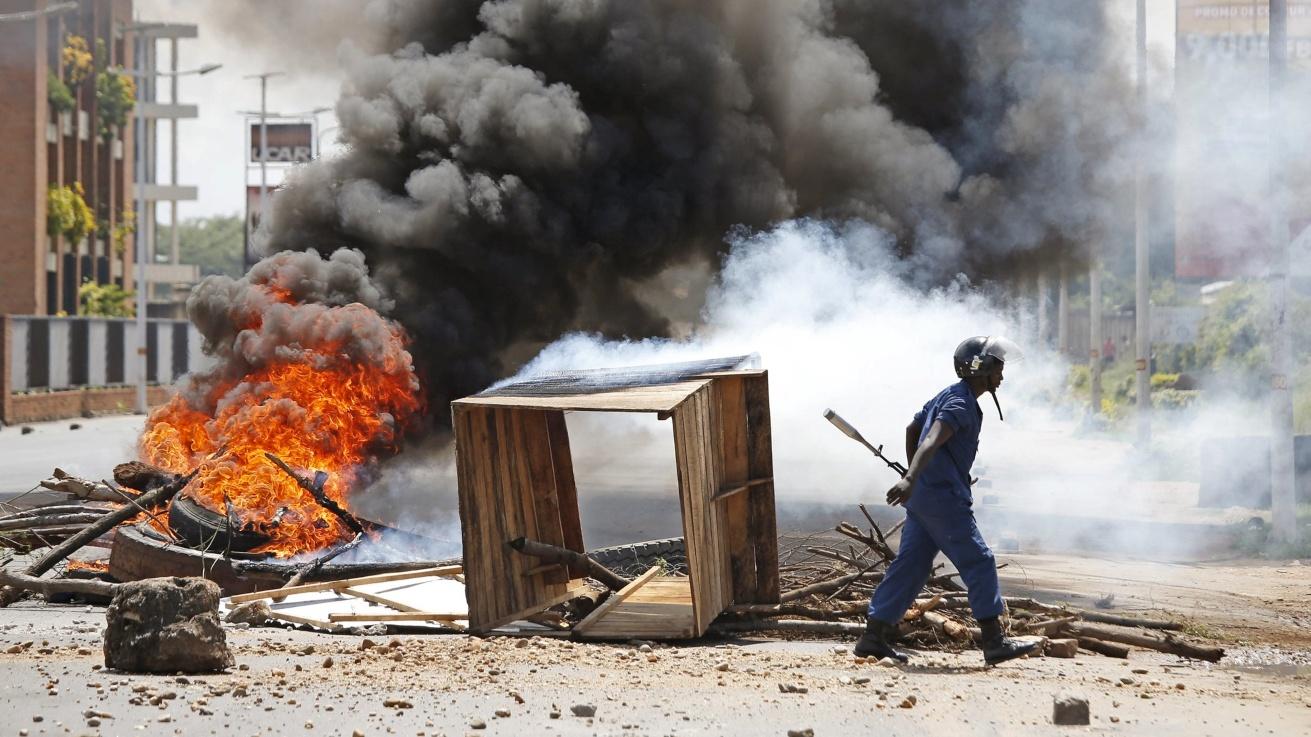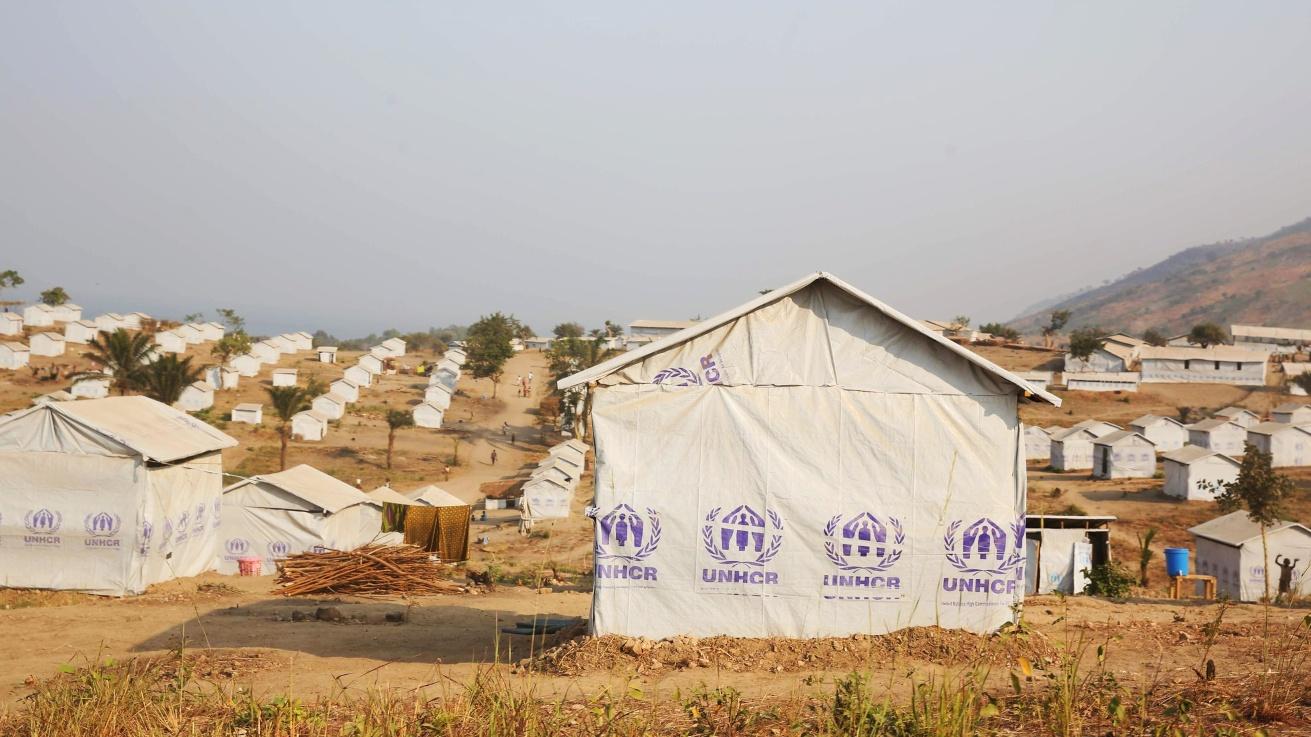As Burundian citizens flee to safety, hoping to find a better life abroad, they continue to engage in discourses concerning developments in their home country and the reasons for their flight. Nadine Nigibira explores the link between political conflicts in Burundi and the emergence of the Burundian diaspora, arguing it is predominantly the product of the various cycles of conflict that plague Burundi’s past. Diasporic engagement both strives to inspire change and taking part in politics at home from abroad.
This blog forms part of the Idjwi Series which results from a writing retreat on Idwji Island in Lake Kivu, DRC during which regional researchers gathered to present and refine their research.
In the last five decades, Burundi has experienced cyclic crises related to the country’s political management. I demonstrate how these conflict cycles have provoked Burundian citizens to flee the country over time, making their homes abroad and ‘producing’ diasporic groupings. Using a socio-criminological approach, I dissect the relationship between internal Burundian political life and the emergence of this fractionalised diaspora.
When we speak of diaspora, we refer to a group of people sharing the same nationality and living in a country other than their own. The Burundian diaspora is organised around formalised institutions, with structured bodies of decision-making frameworks that seek to create interactions between Burundian citizens by guiding discussions around current Burundian politics. Organisations such as Burundian Diaspora of Belgium (DBB), Alliance of Burundians of Canada (ABC) and Burundian Diaspora of Sweden (DBS) can be conceived as the result of various political crises in Burundi, in which members discuss these issues while seeking solutions to improve the state of the country.
For example, the 2015 Burundian crisis led part of the Burundian diaspora living in Europe to found a ‘Crisis Committee’ charged with organising events and other commemorations in the region. This committee subsequently created the famous political platform constituted of opponents in exile called the National Council for the Respect of the Arusha Agreement (CNARED). The same committee spearheaded other initiatives concerned with the resolution of internal crises, such as the 2018 Citizen Forum.
Waves of migration to far and neighbouring countries
Since its independence in 1962, Burundi has experienced several waves of forced migrations (1965, 1972, 1988, 1993 and 2015) in response to socio-political violence. The main causes of violence have been varied inter-communal conflicts, including collective and individual violence such as that perpetrated against Hutu in 1972 and Tutsi in 1993, or the contestation of President Nkurunziza’s third political mandate in 2015. While the ethnic dimensions of Burundian experiences of violence are complex, notably a colonial and postcolonial mode of governance politicised Tutsi and Hutu as opposed ethnic groups. Until today, these complex political and social identities are crucial in the matrix of all political crises experiences in the country and the Great Lakes region. Tensions within and between the groups are also observed within Burundian diaspora, in terms of power alliances and support. Thus, the Burundian diaspora was established in different host countries over more than 50 years, mobilising themselves to support victims of, and draw attention to, the insecurity and political instability prevailing in Burundi.
During these periods of mass exoduses by Burundians, neighbouring states have been among the preferred host countries. Indeed, Tanzania, the Democratic Republic of the Congo (DRC) and Rwanda are some examples of bordering states with large concentrations of the Burundian diaspora. Beyond these destinations, a minority of Burundians have settled both in Europe (Switzerland, France and Belgium) and North America (Canada and the US).
For those who leave, the choice of an asylum country depends either on their financial capacity and/or level of education. Some students and civil servants having obtained scholarships or been elected for missions abroad, and decide not to return to Burundi when reflecting on their country’s situation. For other refugees, both physical and psychological safety are determining factors when it comes to deciding whether to stay or to leave.
Following the 1990s conflict, for example, Tanzania, DRC and Rwanda welcomed refugees who were fleeing, with the political positions expressed towards Burundian refugees and Burundian politics an indicator influencing the decisions of where to flee to. In parallel, this resulted in the creation of political movements such as Umuhari w’Abakozi b’I Burundi (Burundian Worker’s Movement, UBU) in Rwanda, the Palipehutu (Parti pour la Libération du Peuple) in Tanzania in the 1980s and the CNDD (Conseil national pour la défense de la démocratie – Forces pour la Défense de la Démocratie) in the DRC, which showed political support to Hutu refugees – trajectories which evolved through diasporic political movements, armed wings of these diasporic groups and major political parties in Burundi.
In addition, in 2015 many Tutsi civilians moved to Rwanda and Uganda, countries that, at that time, were able to ensure psychological and physical safety regardless of ethnic identity. Positions expressed by different East African countries in their attempt to handle or mediate the crisis explained the different choices of destinations. Even in today’s relative stability in Burundi, the decision to emigrate remains, especially in light of political uncertainties and insecurity. Hence, various diasporic associations abroad have naturally turned into host families for current and future refugees.
Influence in the diaspora
Through platforms of interaction put in place by these associations, members of the Burundian diaspora are capable of exerting both a positive and negative influence on Burundian public policies. Indeed, the earlier phase of the implementation of the Arusha Peace agreement signed in 2000 has been accompanied by the return of highly activist, if not radical, members of the diaspora. Many have started financially and socially investing in the country’s reconstruction and political life. Some are acting in Burundi, others abroad in different diaspora organisations. For instance, the Truth and Reconciliation Commission (TRC), based in Burundi, affects both people living inside or outside the country affected by violence or other crises.
The emergence of the Burundian diaspora cannot be dissociated from political crises and violence observed in Burundi between 1965 and 2015. These cycles of conflict turned many citizens into refugees the world over. Since then, the diaspora has been active and engaged in Burundi’s politics, through their involvements in public affairs or in discussing and articulating specific revendications. In contrast, some associations such as CNARED have flamed the radicalisation of certain diaspora protagonists of conflict. An in-depth analysis of the contemporary Burundian diaspora and their role as indirect victims of conflict and active political agents could deepen our understanding of this subject.
The Idwji Writing Retreat was jointly funded by The Open University’s Strategic Research Area in International Development and Inclusive Innovation and the Centre for Public Authority and International Development (CPAID), LSE.
Photo: Burundi. Credit: counterculturecoffee, licensed under creative commons (CC BY-NC-ND 2.0).





